Experience an original Magic System with Vivian Amberville
In Vivian Amberville's fantastical universe, people can Weave threads of influence into the very fabric of reality.
Are you a Weaver of Odds?
There is a hidden world underneath our world. A loom of deceit fogging what we call reality...
There are invisible threads connecting us all: people, places, events - and above it all, the ultimate illusionists. The Masters of our fate. Puppeteers of our soul. Weavers of unseen patterns, whose wicked, twisting threads have long enslaved our choices.
Have enslaved our free will.
For too long, we have been the flies in their web - tightly-stringed puppets whose circumstances they now command. Every one of us, enslaved since birth. Slaves to our own destiny.
All… except one.
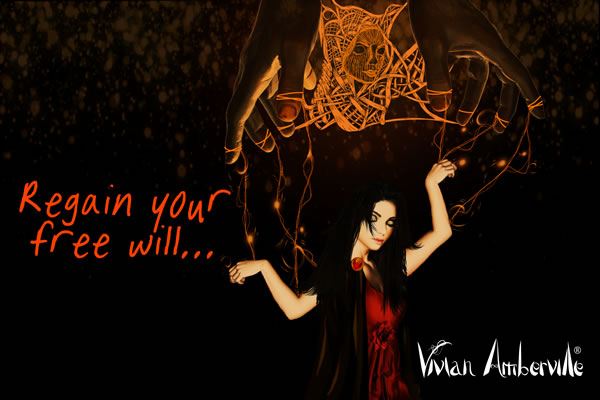
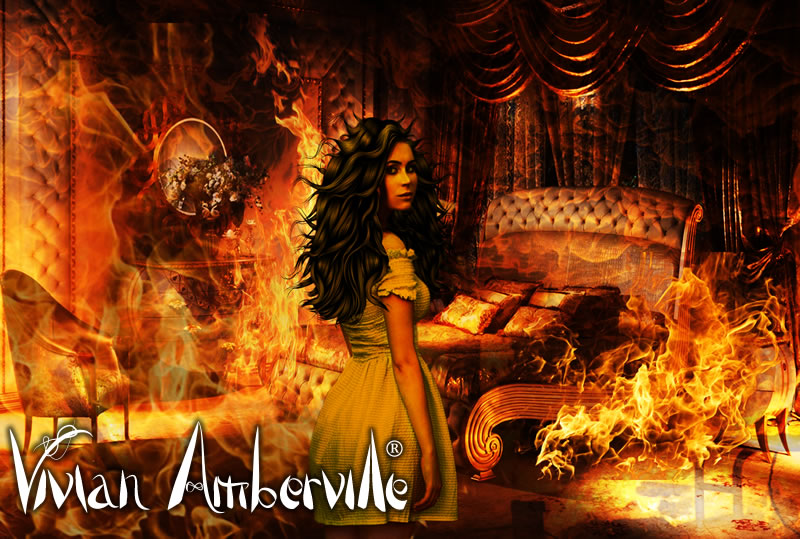
Witness the birth of a new fantasy saga, where the thoughts of today become the events of tomorrow. In a world in which reality can be altered and history can be rewritten, a young hero weaves her adventures into a higher calibre of fiction.
The most original Magic System you've experienced in a work of fiction
The magic system featured in the series is a semi-soft magic system, predicated entirely on the power of imagination (Kaalà) as well as its chaotic caveats (Æbekanta). In the saga, "Weaving", or the ability to affect physical reality from a distance, finds its way into thoughts, symbols, materials, weapons and even living creatures.
Reading the books, you will find:
- druidic Weavers who manipulate matter and fold reality to their advantage;
- powerful Scribes, who rewrite history by Writing Things True in their special, reality-altering Ink;
- Chaos Weavers, such as Vivian Amberville herself, who can only affect the "abstract and immaterial" side of reality (i.e. odds and circumstances, shadows, abstractions or even chaos itself).
- Be ready to meet Pain Pushers, Shadow Stealers, Reality Shifters, Void Weavers, Thunder Bringers, and of course, the Weaver of Odds, Vivian Amberville herself!
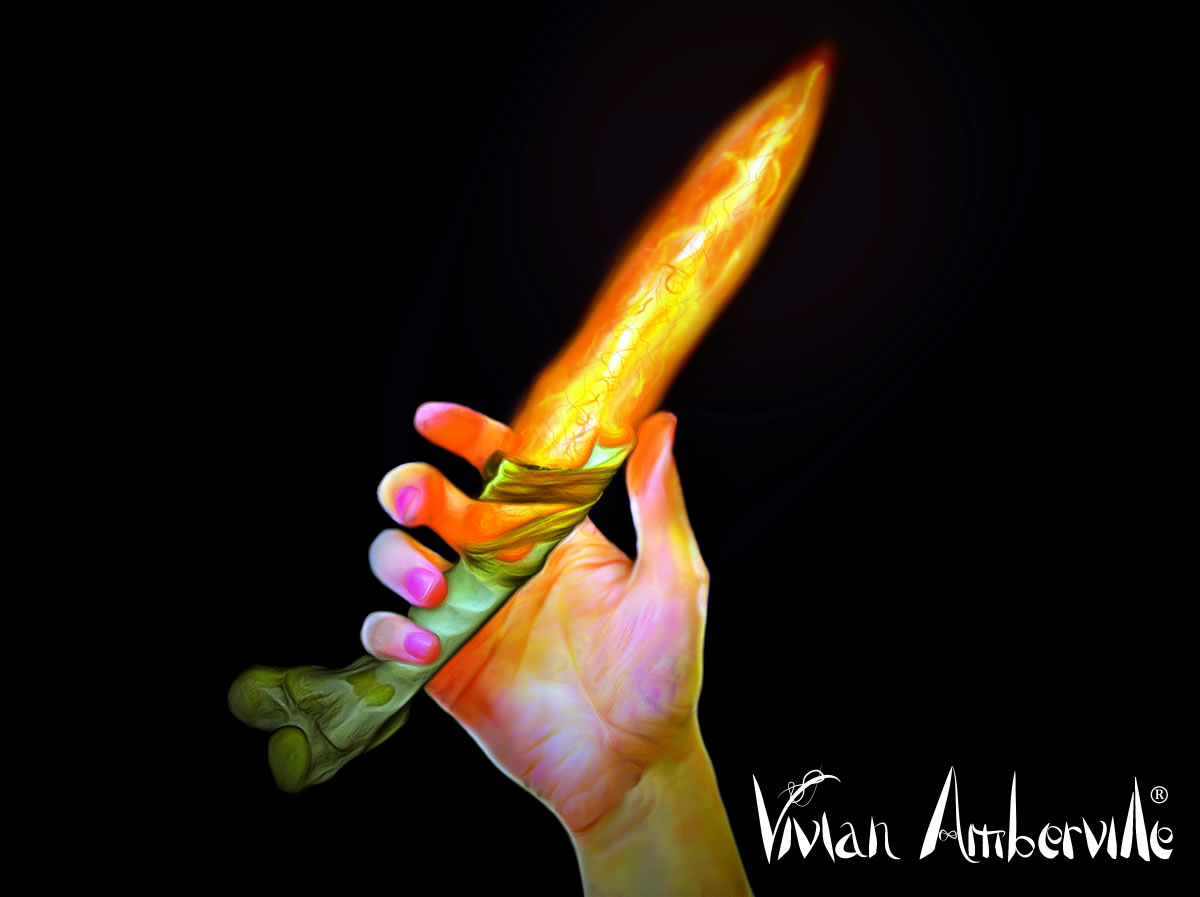
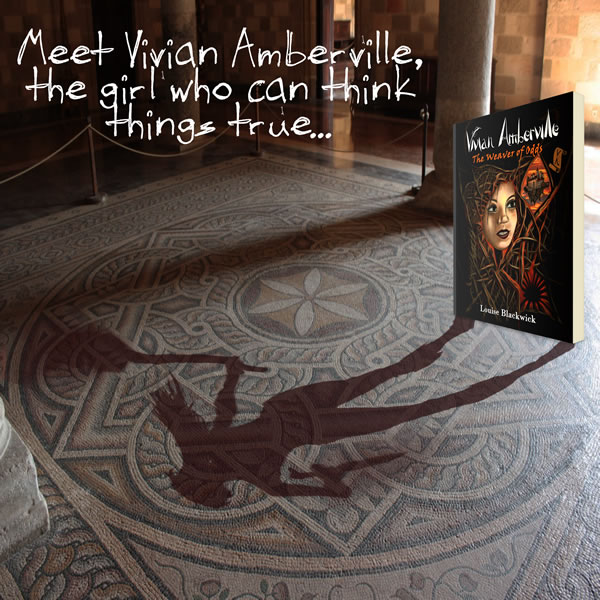
About the books
Prepare to lose yourself in a unique fantasy series, where the thoughts of today become the events of tomorrow. In a world in which reality can be altered and history can be rewritten, a young hero discovers her powers to "imagine things true" stand between cosmic Order and Chaos
The main protagonist, Vivian is an orphaned child who uncovers her imagination can influence certain events, and even twist reality into impossible shapes - a mind-over-matter ability called “Weaving”. Helped by friends and challenged by foes, she comes to learn her ability to "manipulate odds" can be detrimental in preventing the impending apocalypse.
But Vivian’s powers prove hazardous to keeping the universal balance. Beyond the fabric of reality, she finds herself in the custody of the original Weavers, an ancient race of powerful beings who have perfected a way of altering reality.
Having woven her first Thread of influence into the fabric of the world, Vivian has set in motion a chain of events whose ripples target reality itself.
As the Weaver, so is the Thread.
As a hero’s unwritten tale, so is Vivian Amberville’s journey.
 Add Vivian Amberville to your Goodreads shelves!
Add Vivian Amberville to your Goodreads shelves!
Louise Blackwick, author of the Vivian Amberville series, has recommended The Best Epic Fantasy with soft magic systems books on Shepherd.com. Feel free to check them out!
Released in the bestselling Vivian Amberville series
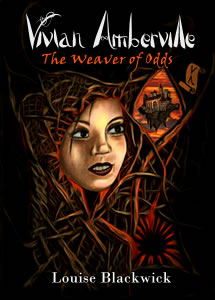
Vivian Amberville - The Weaver of Odds
Meet Vivian Amberville - a traveller between realities with the power to reshape events. First in a series of five books, "The Weaver of Odds" introduces 13-year old Vivian to her unique if hazardous power of altering odds, outcomes and the very substance of reality.
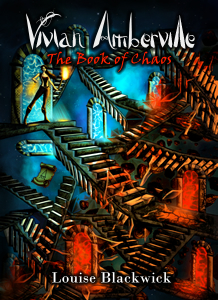
Vivian Amberville - The Book of Chaos
OUT NOW! In stock!
Second in the Vivian Amberville fantasy series, "The Book of Chaos" centres around Vivian’s attendance at the “Alarian School of Thought”, where students learn the dangerous art of "weaving subtle Threads of influence into the fabric of reality".
Also by Louise Blackwick
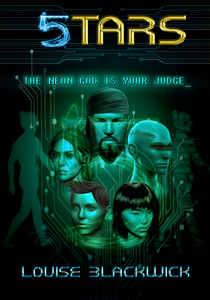
Five Stars
Five days before the end of the world, a mother and her baby struggle to beat the Neon God’s Algorithm in order to secure a seat on the last shuttle leaving the planet.
A neon Science-Fiction novel that will keep you on the edge of your seat.
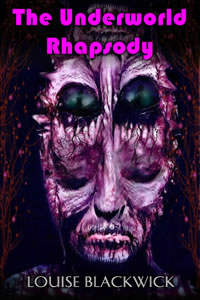
The Underworld Rhapsody
A surreal novella that will have you question the very foundation of your reality. Based on a modern interpretation of Jungian psychology, The Underworld Rhapsody is heavily themed on "subjective reality", "altered states of consciousness", and "individuation" as it follows one man's struggle to escape the chaos of his life and regain his free will.
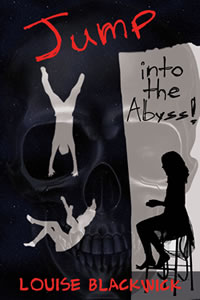
Jump into the Abyss!
Written in the grim and melodious style of Edgar Allan Poe, "Jump into the Abyss!" follows Chase Chaperone's descent into the Abyss of his soul. This Halloween special edition explores themes such as "death", "justice" and "absolution", in a forlorn world set outside the reach of modern civilisation.
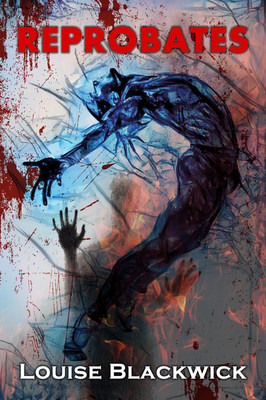
Reprobates
“Reprobates” is an exquisitely written narrative of Life after Life, centred on Marc Whitehouse’s journey through Limbo. Its style is heavy on allegory, at every step teeming with Underworld intrusions of the sacred into the profane.
